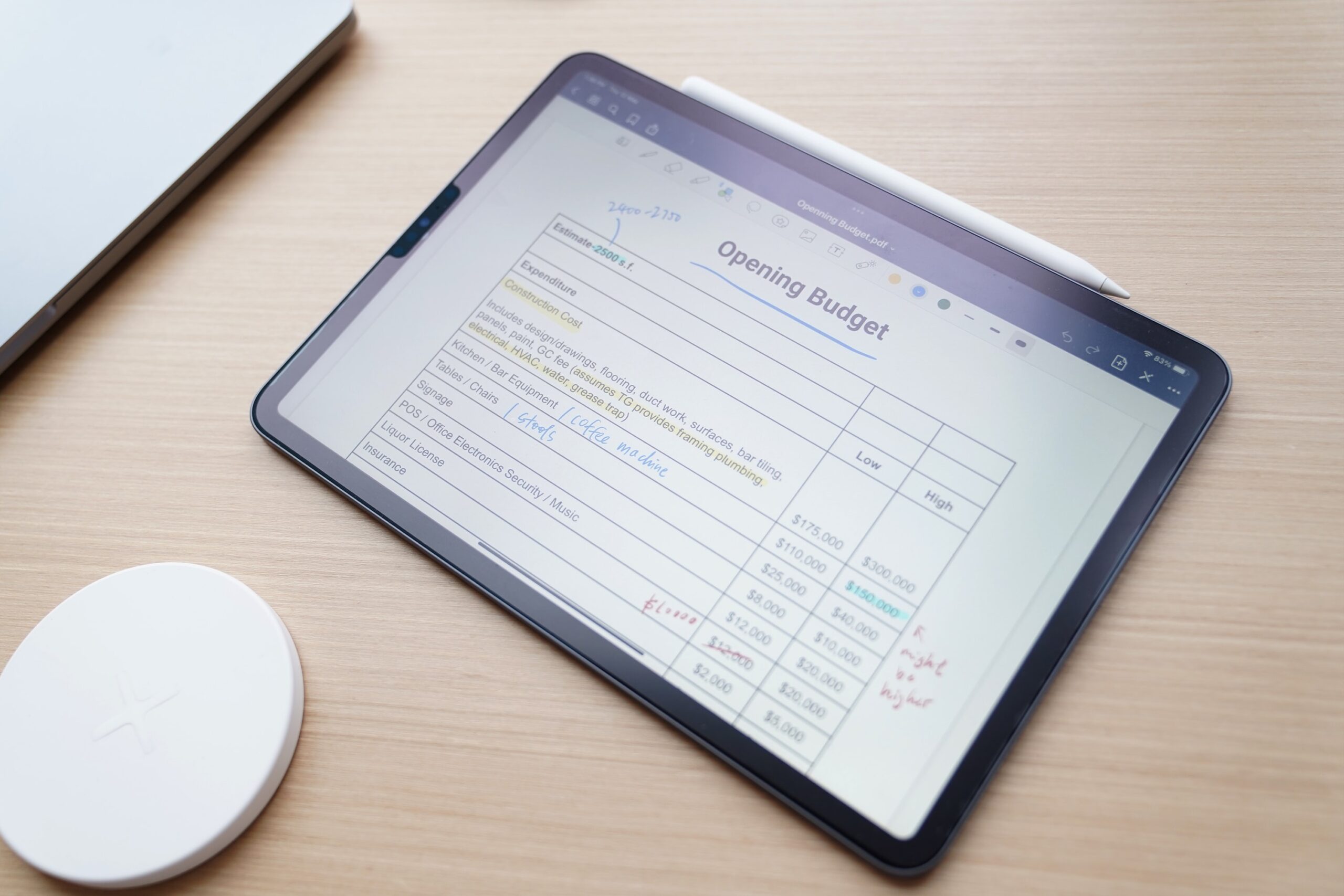Know Your Income
Knowing your income is an essential first step to setting a budget. This includes the amount you earn at your job, plus any investment dividends or rental income.
You should also include any other regular sources of income, such as commissions or sporadic freelance work. Be sure to track your net income, or your take-home pay after taxes and employer-provided programs like retirement.
Know Expenses
Before you get into the details of tracking and setting a budget, it’s important to know what your expenses are. This can be done by looking at your bank statements, credit card bills or even just your monthly income statement.
Fixed expenses tend to be the more recurring bills, such as mortgage or rent payments, utility and car payments. Variable costs, on the other hand, can vary from month to month, such as dining out or your gym membership.
Know Your Goals
Once you know your income and expenses, you can start to plan a budget that will help you meet your financial goals. Whether you want to pay off debt faster or save more for retirement, having a budget will give you clarity and a sense of purpose about your spending and saving.
First, make a list of your fixed expenses: regular monthly bills such as rent or mortgage payments and car insurance. Next, identify variable expenses that change from month to month, such as groceries and entertainment.
Budget
Proper budgeting can help you save for a car, a home or other important goals. It can also help you avoid overspending and live within your means.
Before you can properly budget, you must first identify and categorize your expenses. Start by listing your fixed expenses–the bills you pay on a monthly basis, such as rent or mortgage, insurance and gas for your vehicle.
Next, list your variable expenses–the things you buy that vary in cost from month to month. Examples include groceries, eating out and entertainment.

